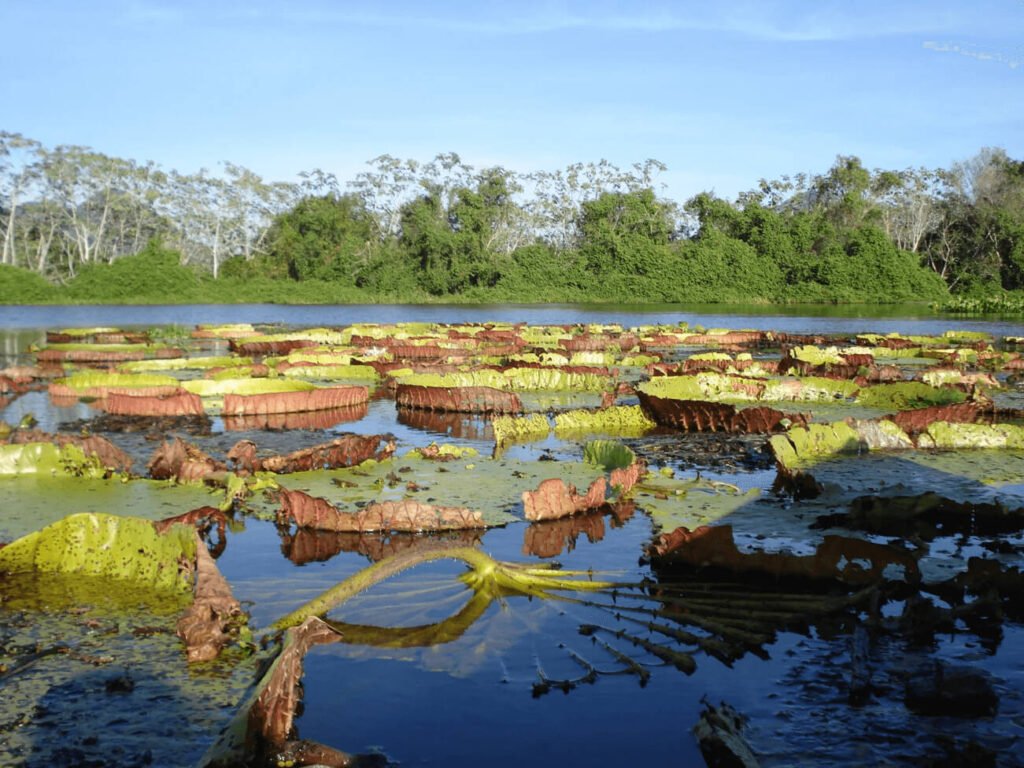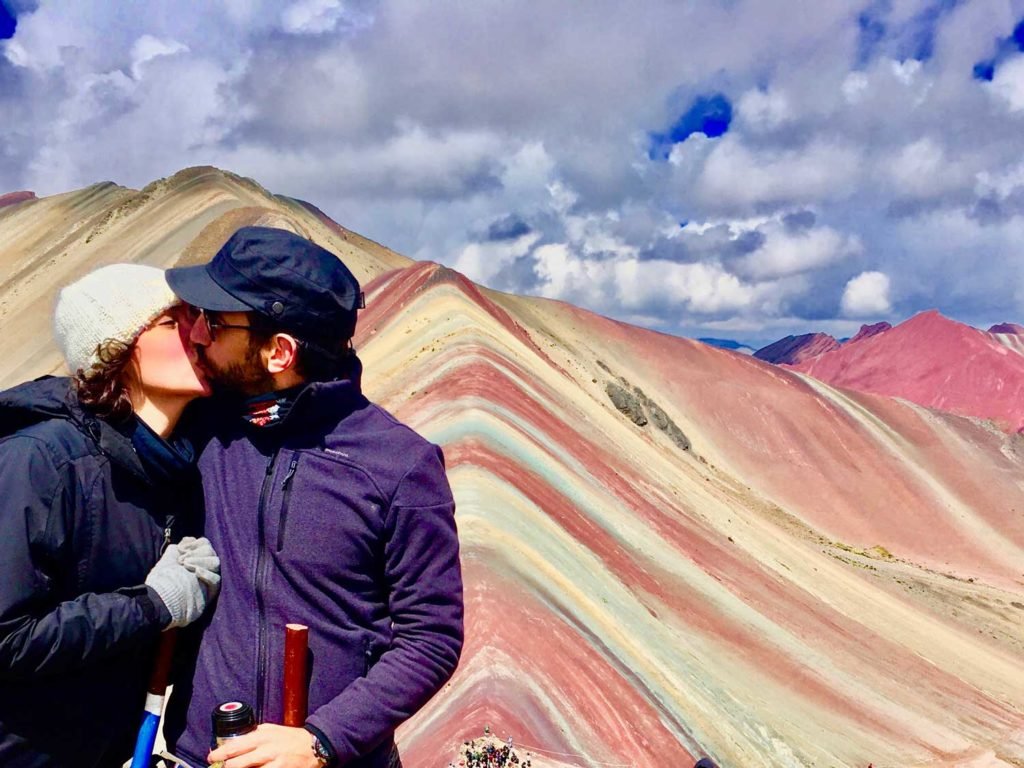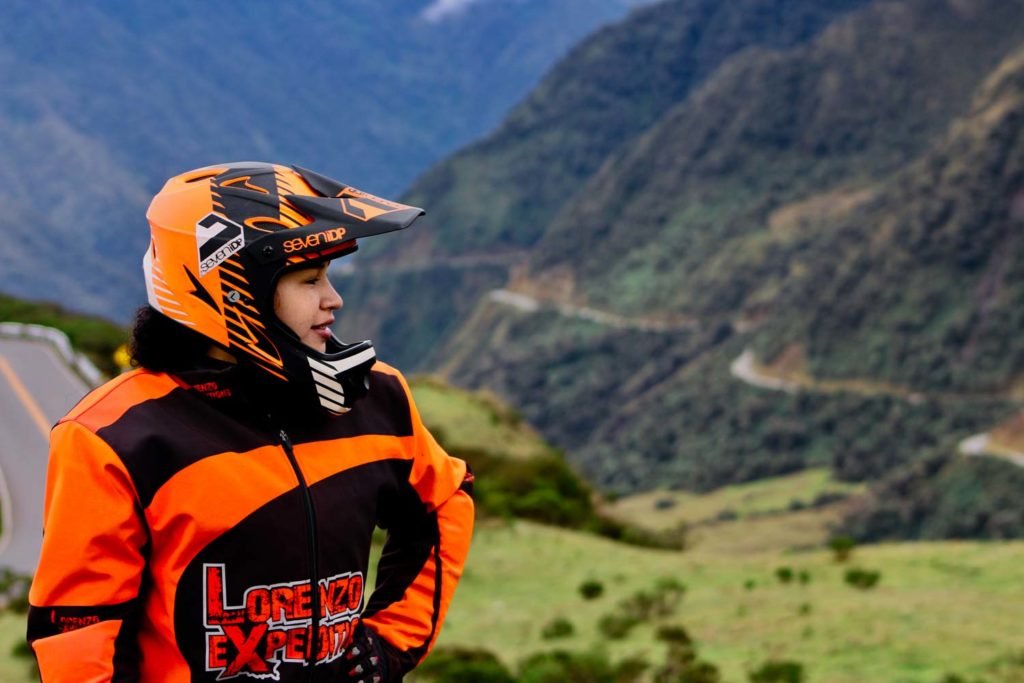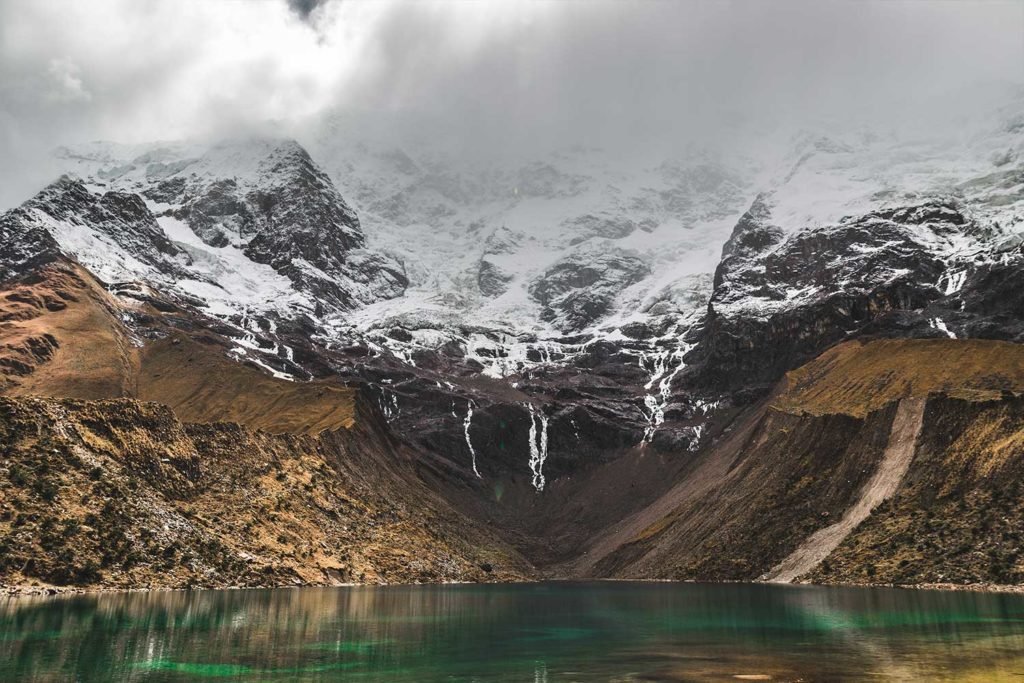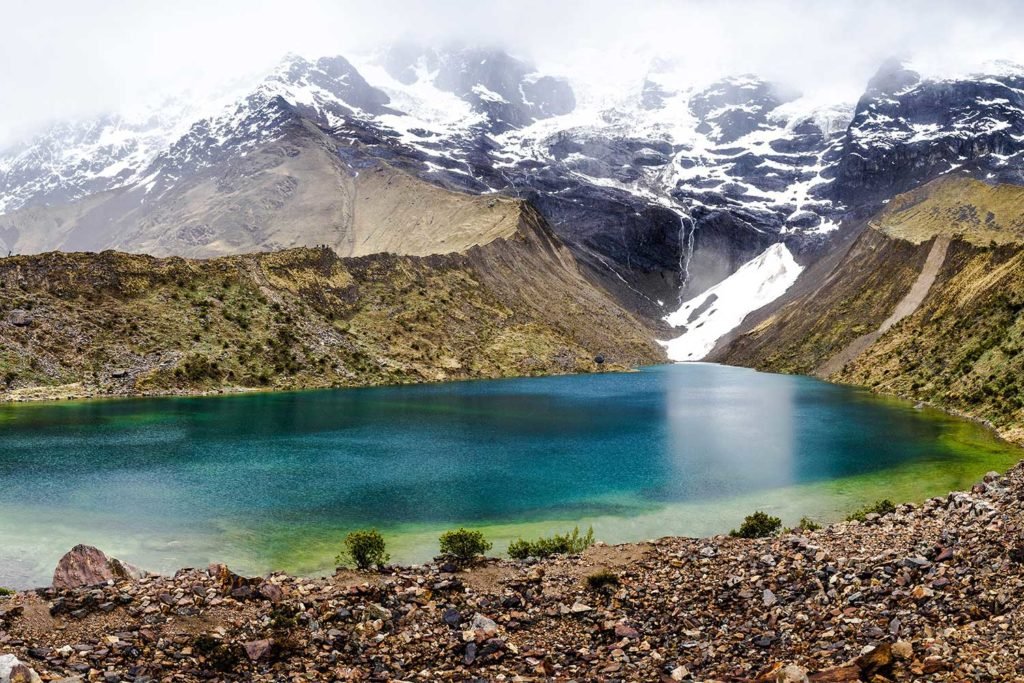The Pantanal, the largest alluvial plain in the world, is an iconic place for sport fishing. The biodiversity and unique landscapes of the Pantanal create an incomparable experience. However, sport fishing in protected areas within the Pantanal requires a careful approach. It is necessary to ensure the conservation of this fragile ecosystem. Below, we explore the key aspects to consider when sport fishing in these areas.
Protected Areas in the Pantanal: A Refuge for Biodiversity
The Pantanal is home to several protected areas, such as the Pantanal Matogrossense National Park and several Private Natural Heritage Reserves (RPPN). These areas are essential for the conservation of endangered species, such as the giant otter and the jaguar. They also help maintain the ecological balance of the region. Fishing in these areas is regulated to minimize the impact on the environment.
Target Species and Regulations
In the protected areas of the Pantanal, sport fishing is allowed on a limited basis. These activities are carried out under strict regulations. Species such as dorado, pacu and guinea fowl are common, but their capture is subject to size and quantity restrictions. It is essential that fishermen are informed about the regulations in force. They must respect closed seasons and protected species so as not to alter the natural balance.
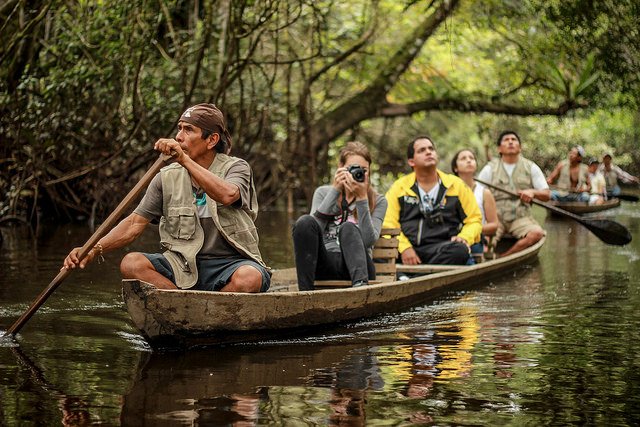
Sustainable Fishing Practices
Sport fishing in the Pantanal should be carried out under sustainable principles. The use of no-kill hooks, quick release of fish and catch and release (catch and release) are essential practices. These practices help reduce stress and damage to the species. In addition, it is vital to avoid polluting water bodies with plastics, fuels or other debris.
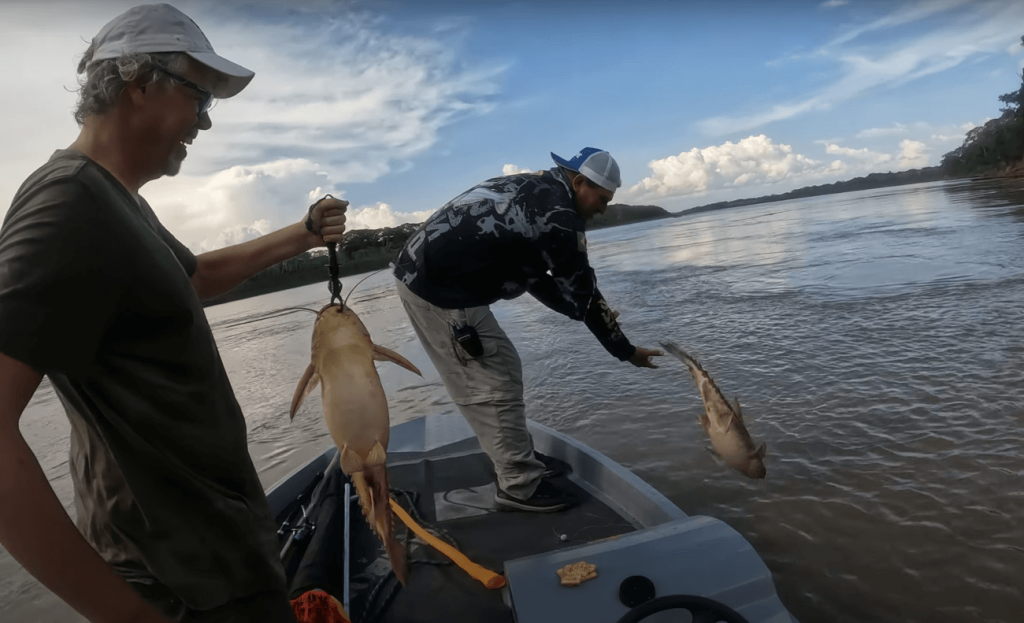
The Role of Local Guides
Hiring local guides with knowledge of the region is crucial to ensure a safe and environmentally friendly experience. Local guides not only know the best places to fish, but are also aware of the regulations. They can teach tourists about the importance of conservation. This helps encourage responsible tourism that benefits both visitors and local communities.
“Our biggest achievement in relation to Pantanal conservation this year was institutional strengthening. We finalized three very important projects: Crochetando o Futuro, a project to value local fauna, female protagonism and socio-environmental responsibility; the project to train teachers from the public network for conservation education in the Pantanal; and the production of didactic material that will be distributed free of charge in public and rural schools in the territory.”
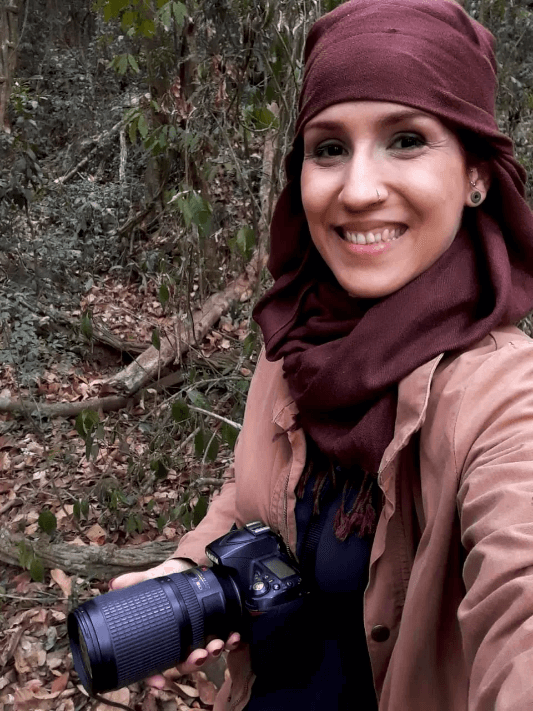
Impact of Tourism in Protected Areas.
Sport fishing tourism in protected areas can generate significant income for conservation. This is possible as long as it is properly managed. However, excessive tourism can cause irreversible damage to habitat and wildlife. Therefore, it is vital to implement visitor control measures and promote environmental education among fishermen.
Contribution to Conservation
Participating in sport fishing in protected areas of the Pantanal is not only an exciting adventure. It is also an opportunity to contribute to the conservation of the ecosystem. Part of the income generated by fishing tourism is reinvested in conservation and species monitoring projects. This ensures that the Pantanal remains a sanctuary of biodiversity.
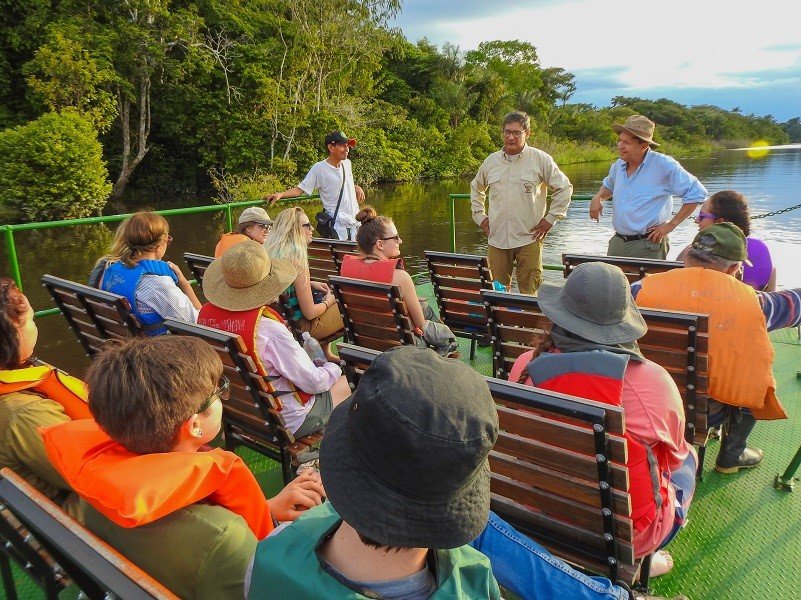
Book today to schedule your sport fishing trip in the Pantanal. Experience the thrill of catching dorado and pacu in the world’s largest wetland, while contributing to the conservation of this fragile ecosystem. Our expert local guides will take you to the best fishing spots in protected areas, ensuring an unforgettable experience.

